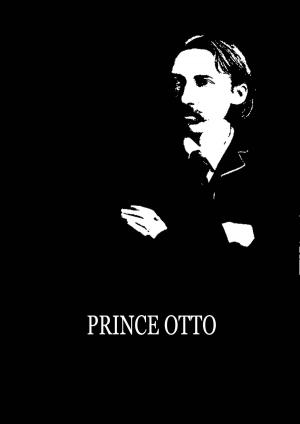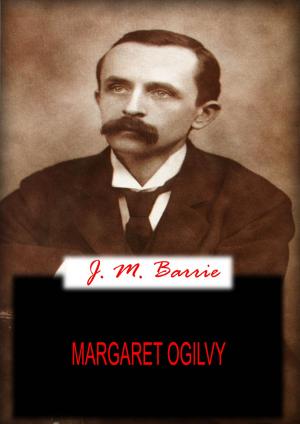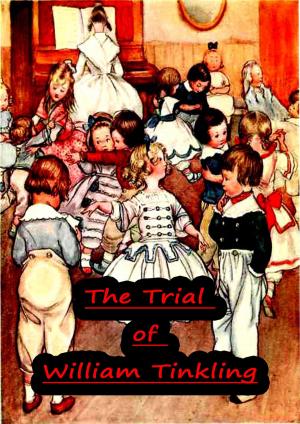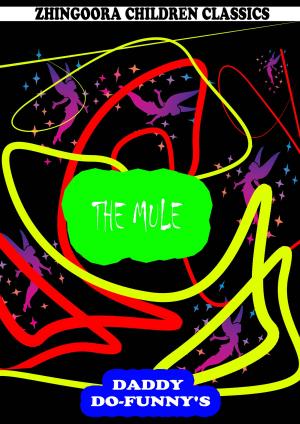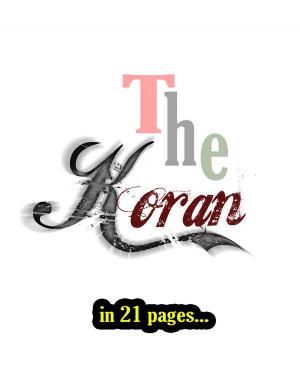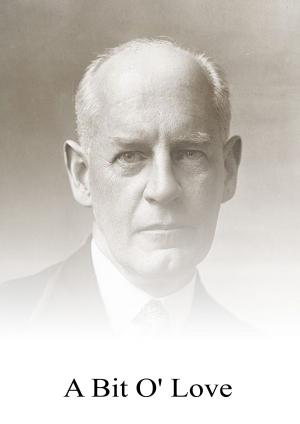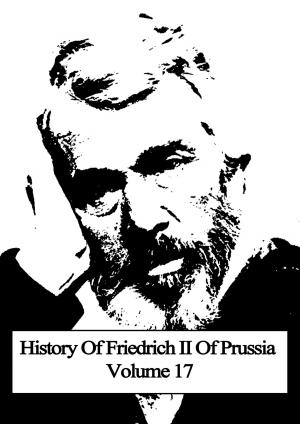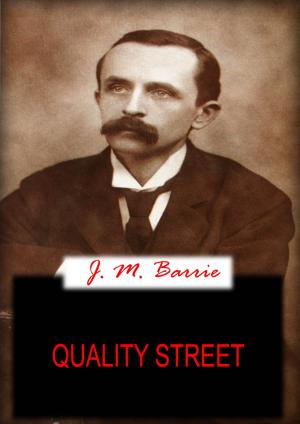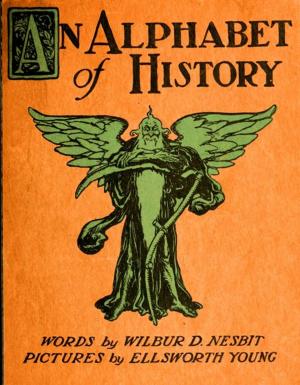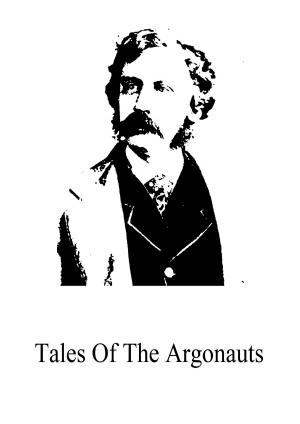Essays, Moral And Political [Christmas Summary Classics]
Nonfiction, Reference & Language, Reference| Author: | David Hume | ISBN: | 1230000032278 |
| Publisher: | Zhingoora Books | Publication: | November 21, 2012 |
| Imprint: | Language: | English |
| Author: | David Hume |
| ISBN: | 1230000032278 |
| Publisher: | Zhingoora Books |
| Publication: | November 21, 2012 |
| Imprint: | |
| Language: | English |
Christmas Summary Classics
This series contains summary of Classic books such as Emma, Arne, Arabian Nights, Pride and prejudice, Tower of London, Wealth of Nations etc. Each book is specially crafted after reading complete book in less than 30 pages. One who wants to get joy of book reading especially in very less time can go for it.
DAVID HUME
Essays, Moral and Political
David Hume, the Scottish philosopher and historian, was born at Edinburgh, April 26, 1711, and was educated at the college there. He tried law and business without liking either, and at the age of 23 went to France, where he wandered about for a while occupied with dreams of philosophy. In 1739 he published the first part of his "Treatise on Human Nature." The book set an army of philosophers at work trying either to refute what he had said or continue lines that he had suggested, and out of them were created both the Scotch and German schools of metaphysicians. Hume's "Essays, Moral and Political," appeared in 1741–42, and followed closely upon what he described as the "dead-born" "Treatise on Human Nature," the success of the former going a long way towards compensating him for the failure of the latter. In the advertisement to a posthumous edition Hume complains that controversialists had confined their attacks to the crude, earlier treatise, and expressed the desire that for the future the "Essays" might alone be regarded as containing his philosophical sentiments and principles. In the "Essays" Hume brings to bear the results of his criticism upon the problems of current speculative discussion. The argument against miracles is still often discussed; and the work is well worthy of the author whom many regard as the greatest thinker of his time. In 1751 he published his "Inquiry Into the Principles of Morals," which is one of the clearest expositions of the leading principles of what is termed the utilitarian system. Hume died on August 25, 1776.
Christmas Summary Classics
This series contains summary of Classic books such as Emma, Arne, Arabian Nights, Pride and prejudice, Tower of London, Wealth of Nations etc. Each book is specially crafted after reading complete book in less than 30 pages. One who wants to get joy of book reading especially in very less time can go for it.
DAVID HUME
Essays, Moral and Political
David Hume, the Scottish philosopher and historian, was born at Edinburgh, April 26, 1711, and was educated at the college there. He tried law and business without liking either, and at the age of 23 went to France, where he wandered about for a while occupied with dreams of philosophy. In 1739 he published the first part of his "Treatise on Human Nature." The book set an army of philosophers at work trying either to refute what he had said or continue lines that he had suggested, and out of them were created both the Scotch and German schools of metaphysicians. Hume's "Essays, Moral and Political," appeared in 1741–42, and followed closely upon what he described as the "dead-born" "Treatise on Human Nature," the success of the former going a long way towards compensating him for the failure of the latter. In the advertisement to a posthumous edition Hume complains that controversialists had confined their attacks to the crude, earlier treatise, and expressed the desire that for the future the "Essays" might alone be regarded as containing his philosophical sentiments and principles. In the "Essays" Hume brings to bear the results of his criticism upon the problems of current speculative discussion. The argument against miracles is still often discussed; and the work is well worthy of the author whom many regard as the greatest thinker of his time. In 1751 he published his "Inquiry Into the Principles of Morals," which is one of the clearest expositions of the leading principles of what is termed the utilitarian system. Hume died on August 25, 1776.
![Cover of the book Essays, Moral And Political [Christmas Summary Classics] by David Hume, Zhingoora Books](https://www.kuoky.com/images/2012/november/500x500/1230000032278-lfP9_500x.jpg)
![Cover of the book Voyage and Travel [Christmas Summary Classics] by David Hume](https://www.kuoky.com/images/2012/december/300x300/1230000037122-LwIO_300x.jpg)
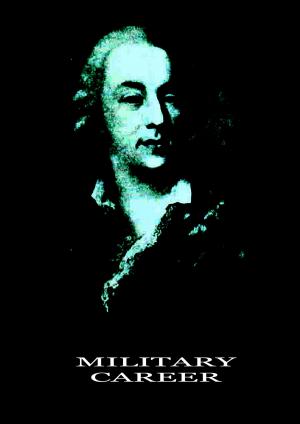
![Cover of the book Letters to his son [Christmas Summary Classics] by David Hume](https://www.kuoky.com/images/2012/november/300x300/1230000034600-0vOj_300x.jpg)
